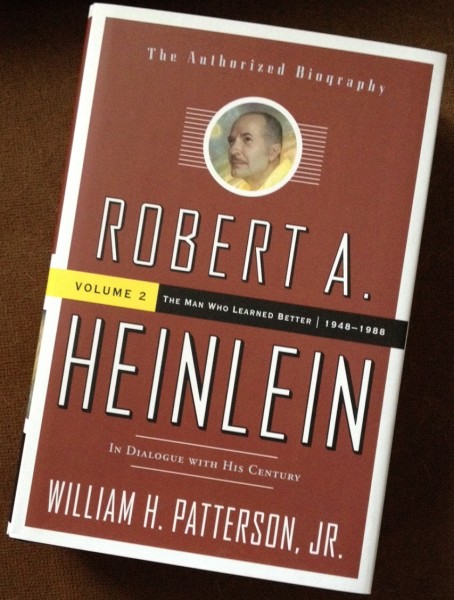I don’t read the various financial magazines’ regular fanboi coverage of multi-billionaires, so I wasn’t all that aware of the fabulous wealth of Mexico’s Carlos Slim. Slim is one of the richest men in the world, but he doesn’t owe his success to technical innovation or outstanding business skills … he owns the Mexican telephone market thanks to a sweetheart “privatization” deal he got from his good friend in the Presidential palace back in 1990. In other words, his fortune largely derives from his ability to skim off vast profits from a captive customer base. Steve Sailer rounds up some interesting snippets about Slim, including a bit from French economist and current media darling Thomas Piketty:
Andres Oppenheimer wrote for PBS:
Mexico in the early nineties was similar to American capitalism in the late 1870s. Azcarraga, Slim, and Hernandez were not much different from railroad and steel magnate Andrew Carnegie or oil trader John D. Rockefeller. Like the American “Robber Barons” of their time, the Mexico Twelve were making a fortune from their close partnership with the government. And to their immense relief, Mexico was not contemplating anything like the 1890 Sherman Anti-Trust Act, which had broken up U.S. monopolies through forced sell-offs.
In return, Salinas demanded at a private dinner party on February 23, 1993 that Slim and Mexico’s other 29 oligarchs donate $25 million each to the ruling party’s campaign war chest, a total of $750 million. Oppenheimer notes:
Telecommunications magnate Slim … supported the motion, adding only that he wished the funds had been collected privately, rather than at a dinner, because publicity over the banquet could “turn into a political scandal.”
Now, you might think that there is something unseemly about a regular contender for the title of World’s Richest Man making his fortune off the relatively small Mexican economy. We’re constantly told that Mexicans have to be allowed to flock to America to escape starvation in their own land. Yet one well-connected monopolist is permitted to pile up an enormous trove by charging exorbitant fees for the lifeblood of any economy, communications.
A 2006 article in the New York Times pointed out:
The Organization for Economic Cooperation and Development, an association of wealthy countries based in Paris, reports that Mexicans pay some of the highest phone rates in the world, with calls costing 50 percent more than the group’s average. Forbes reported that the average monthly phone bill for a small business in Mexico is $132, compared with $60 in the United States.
Slim epitomizes the toll taken on the Mexican economy by monopolists:
As a result, said Mr. Ortiz of the Bank of Mexico, economic growth is one percentage point less than it could be with real competition. There are not enough jobs to keep workers from migrating to the United States …
Piketty, however, is offended by how Slim
… is often described in the Western press as one who owes his great wealth to monopoly rents obtained through (implicitly corrupt) government favors…
(Slim, himself, has been proactive about improving his press coverage: in 2008 he financially bailed out the New York Times and is now the newspaper of record’s second-biggest owner. Not surprisingly, Slim, who profits lavishly off long distance calls between illegal immigrants in America and their loved ones in Mexico, doesn’t get mentioned much in the Times’ vociferous denunciations of immigration skeptics.)
Piketty, in his inimitable prose style, explains that criticizing Slim is a mistake, if not downright racist:
Rather than indulge in constructing a moral hierarchy of wealth, which in practice often amounts to an exercise in Western ethnocentrism, I think it is more useful to try to understand the general laws that govern the dynamics of wealth—leaving individuals aside and thinking instead about modes of regulation, and in particular taxation, that apply equally to everyone, regardless of nationality.
In other words, rather than the citizens of Mexico using the rule of law to break up Slim’s monopoly, as Americans did with Rockefeller’s, the important thing is for readers of Capital to take global control.
What could possibly go wrong in Piketty’s planetary empire?


 In the Washington Post,
In the Washington Post, 


